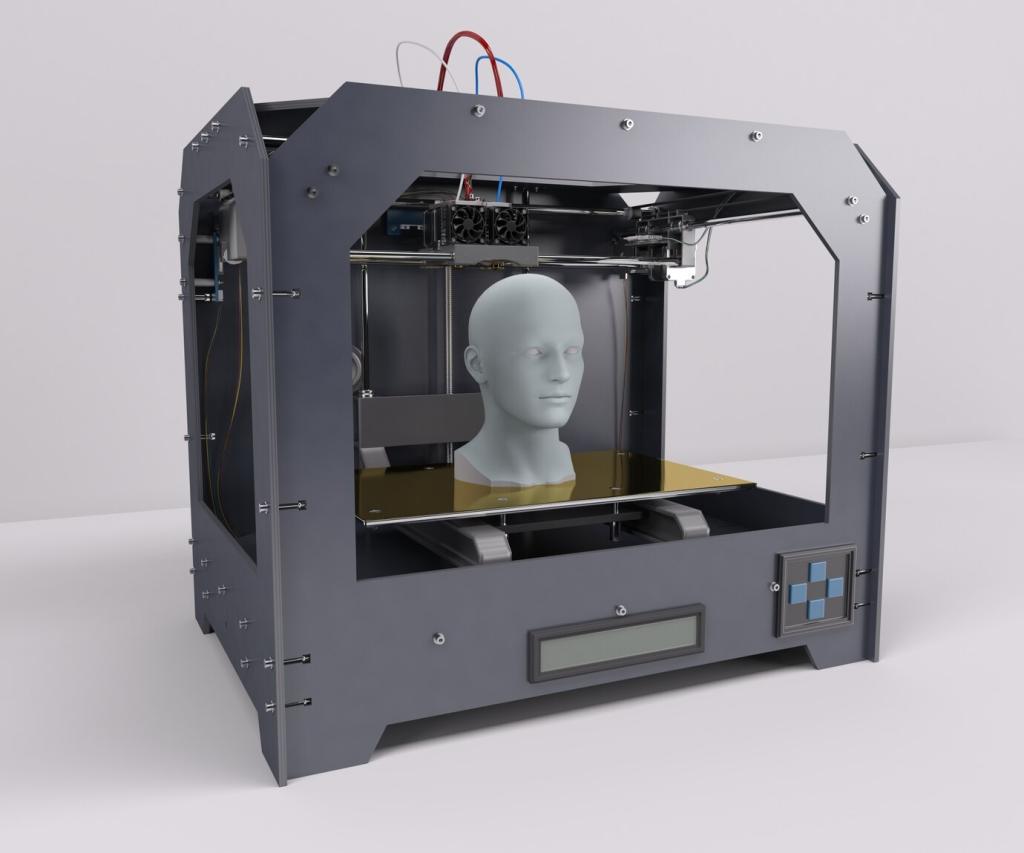Chosen theme: Enhancing Student Engagement Through Technology. Welcome to a space where tools meet teaching, stories meet strategy, and curiosity becomes contagious—so your learners lean in, speak up, and stay inspired.
From Passive to Active Participation
Live polls, collaborative boards, and backchannel chats turn quiet observers into contributors. Instead of waiting for hands, you invite every voice, collect patterns quickly, and pivot instruction while energy is highest.
Attention, Flow, and the Right Challenge
Adaptive platforms calibrate difficulty so students linger in productive struggle, not frustration. Timely hints, leveled tasks, and clear goals create flow, nurturing confidence while keeping curiosity and attention sharply focused.
Interactive Tools That Spark Curiosity
Kahoot or Quizizz can be more than noise and points. Frame questions around misconceptions, debrief results, and invite students to design rounds, transforming trivia into diagnosis, dialogue, and joyful accountability.

Designing Lessons for Engagement, Not Just Screens
Inquiry-First, Tech-Second
Open with a puzzling prompt, then use tools to gather hypotheses, test ideas, and share reasoning. When technology serves the question, attention lasts longer and understanding strengthens through visible, iterative thinking.
Choice Boards and Pathways
Provide curated options for content, process, and product. Students pick pathways, track progress, and reflect publicly, cultivating ownership. Technology organizes choices elegantly, while you coach with timely nudges and feedback.
Microlearning with Momentum
Short bursts with clear goals, tiny wins, and spaced retrieval build durable memory. Quick checks light the path forward, celebrating progress while guiding next steps with clarity, confidence, and renewed motivation.
Feedback, Assessment, and Motivation
01
Instant, Actionable Feedback
Auto-checked practices surface patterns in minutes, freeing you to address misconceptions immediately. Rubrics, comments, and exemplars make expectations transparent, transforming assessment into an invitation to revise with purpose and pride.
02
Formative Assessment Routines
Exit tickets, heatmaps, and quick polls map understanding across the room. Share class trends, spotlight strategies that worked, and co-construct next steps so students witness progress and participate in planning.
03
Student Self-Assessment
Digital portfolios and reflection prompts help learners collect artifacts, annotate growth, and set goals. When students chart their journey visibly, motivation shifts from compliance to commitment grounded in evidence and voice.
Building Community and Belonging Online
Begin with emoji meters, quick audio greetings, or visual prompts that honor mood. These rituals humanize the space, inform pacing decisions, and signal that every feeling remains welcome and instructional.
Offer downloadable packets, offline modes, and audio-first summaries for limited connectivity. Flexible options respect circumstances, maintain continuity, and prevent technology from becoming a gatekeeper to curiosity and achievement.
Equity, Access, and Wellbeing
Read the Signals, Not Just the Scores
Look for participation patterns, time-on-task dips, and topic-specific spikes. Pair numbers with conversations to uncover causes, avoiding snap judgments while designing supports that meet actual needs.
Iterate with Students
Survey regularly, hold quick focus groups, and co-create rubrics. When learners help shape the experience, engagement climbs because ownership increases and tweaks respond to lived realities, not assumptions.
Small Experiments, Big Learning
Try weekly trials: a new prompt structure, a different discussion format, or adjusted pacing. Share results transparently, invite critique, and keep what works, modeling continuous improvement as a community value.




